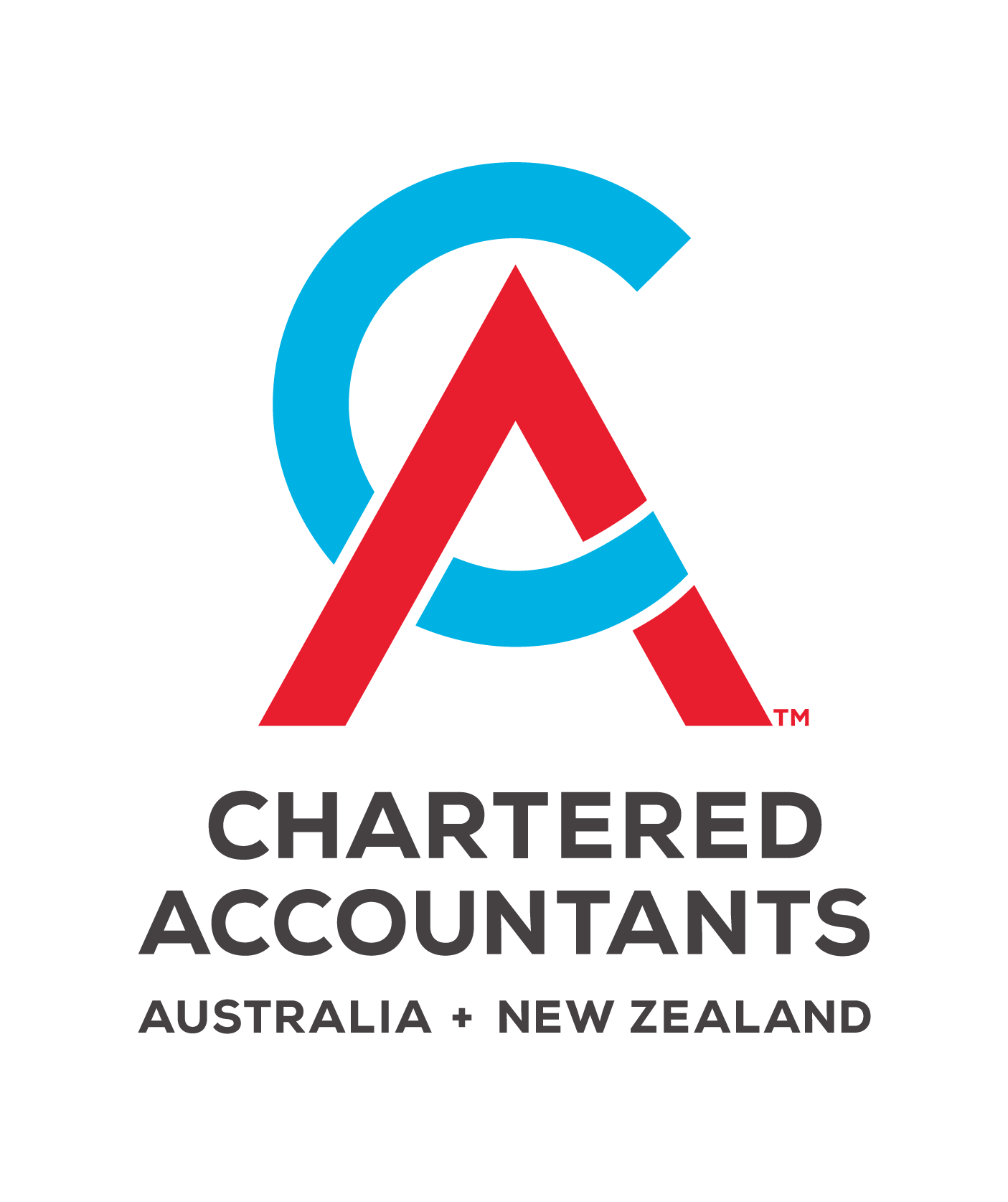News Articles
Family businesses are often managed by one or two family members who lead the decision-making process. While this approach may initially work well for small businesses, more mature and expanding family enterprises can benefit from adopting an advisory board structure.

What is an advisory board?
An advisory board is a select group of independent people who provide a learning forum to offer advice and support to business’s owners, shareholders, and directors. Unlike a decision-making forum such as the board of an ASX-listed company, an advisory board provides non-binding strategic advice and is thus informal in nature. This relative informality gives an advisory board greater flexibility in structure and management compared to a board of directors.
While formal boards of directors have legally defined responsibilities, advisory boards are not regulated under the Corporations Act or corporate governance codes. Advisory boards advise but don’t make decisions like a formal board. However, if a board has a governance function, calling it an ‘advisory board’ does not exempt its members from their legal duties.
When would a small or medium business need an advisory board?
An advisory board can be a valuable resource in various scenarios. For instance, it can benefit a business experiencing rapid growth or one needing to raise working capital. Businesses looking to build strategic partnerships, facing significant decisions or changes in direction, such as entering new markets or launching products may also find advisory boards helpful.
Furthermore, businesses bringing in professional managers or dealing with succession planning issues can leverage the expertise of an advisory board. They can assist with managing business development cycles, staff development and help address challenges with other shareholders. Additionally, advisory boards can help raise the level of strategic conversation across all aspects of the business, particularly when dealing with specific technical and functional issues.
Simply put, an advisory board provides business owners or managers with access to an independent perspective and a “safe” space to discuss significant issues. While the advisory board’s role may evolve, it is beneficial to document a charter to give its members clear direction.

Defining roles and responsibilities
Advisory board members’ roles and responsibilities should be defined from the outset and encompass several key areas. First, they should develop a comprehensive understanding of the business, market, and industry trends, and provide a solid foundation for offering “wise counsel” on issues raised by the owners, directors, or management.
Due to their distance from day-to-day operations, advisory board members can offer directors and management unique insights and ideas. They encourage and support exploring new business concepts, acting as a valuable resource for executives.
Furthermore, advisory board members play a crucial role in fostering the development of a governance framework that enables continued growth without stifling the founders’ spirit or vision. By monitoring business performance, they challenge directors and management to consider options for improving the business.
Advisory boards work best if they meet often
Advisory boards typically meet quarterly and have structured annual plans, standard agendas, and action lists to govern outcomes and follow-up. They should also conduct a yearly review of their performance and achievements.
The advantage of regular advisory board meetings, which include family members, key personnel, advisors, or trusted business associates, is that they minimise the load placed on critical decision-makers. These meetings also facilitate intergenerational involvement and help mitigate resentment if things don’t go as planned. By allowing all board members to voice their opinions and buy into crucial decisions, the likelihood of success increases.
Board meetings cover many aspects of business management, including strategic planning, financial management, business improvement, human resources management, the establishment of policies and procedures, governance, and risk management.
Finally
If your business is growing, an advisory board can provide various benefits. We encourage business owners to speak with the Brentnalls SA team about the value of establishing an advisory board.
Further reading head to our News Article -
Expanding your business, what to consider.
Discuss Further?
If you would like to discuss, please get in touch.
Disclaimer
The information provided in this article does not constitute advice. The information is of a general nature only and does not take into account your individual financial situation. It should not be used, relied upon, or treated as a substitute for specific professional advice. We recommend that you contact Brentnalls SA before making any decision to discuss your particular requirements or circumstances.








